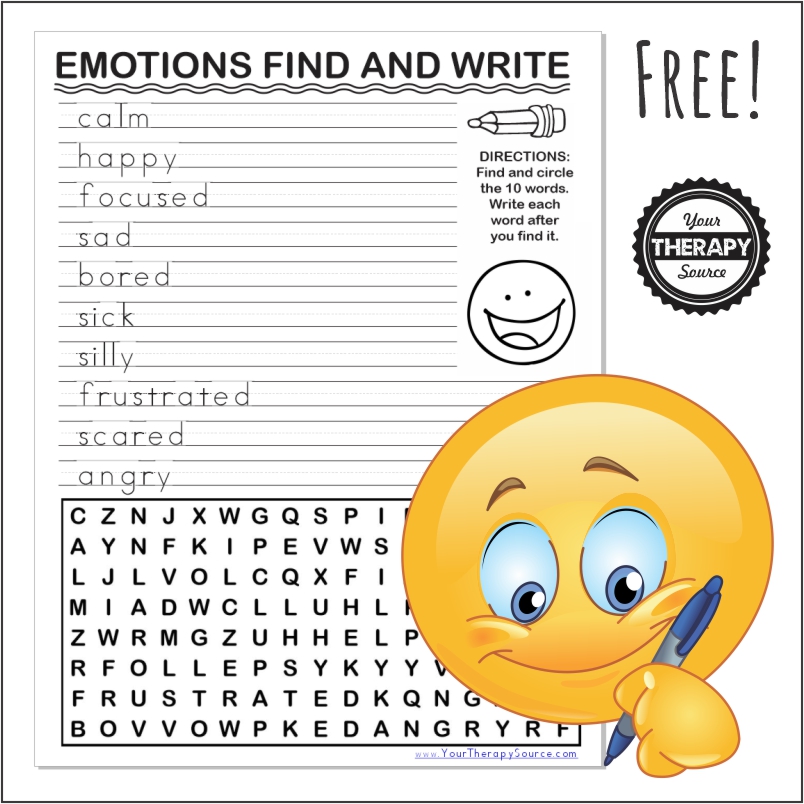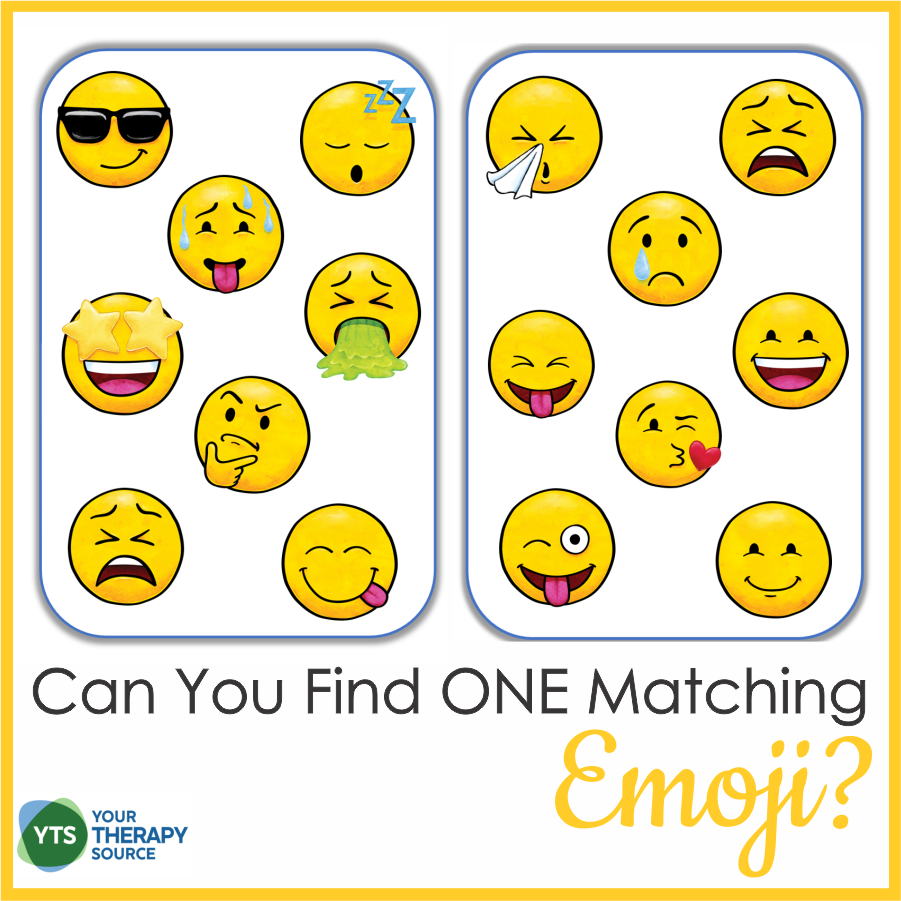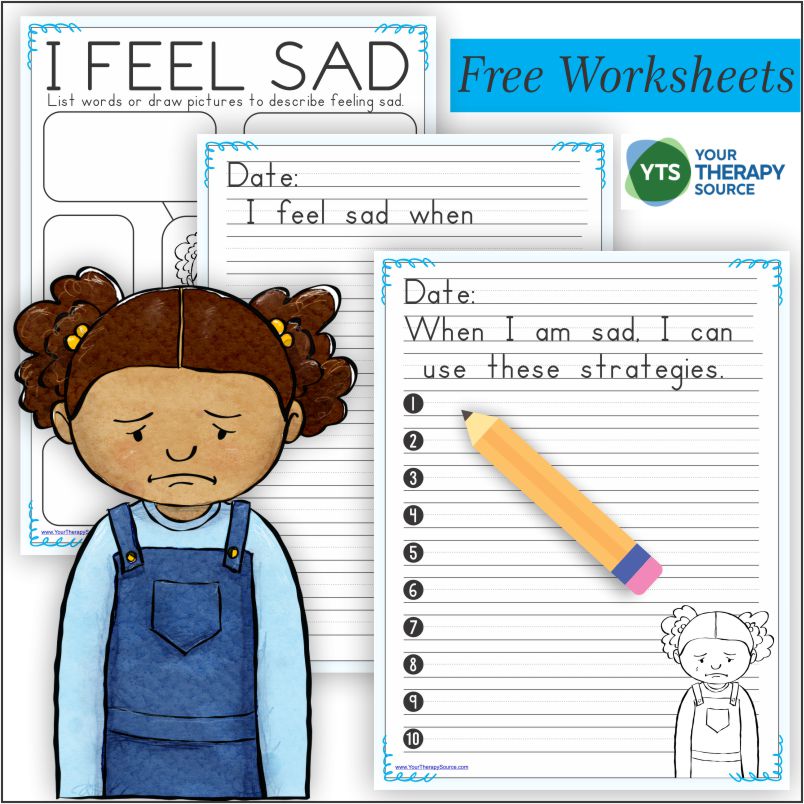Teaching Empathy to Kids
The ability to understand the feelings of others is an important skill for healthy, prosperous relationships and social connections. Research has found that parents who know how to foster empathy in their children weren’t born with this knowledge – they learned and applied it. And you can learn teaching empathy to kids too! It’s tricky […]










